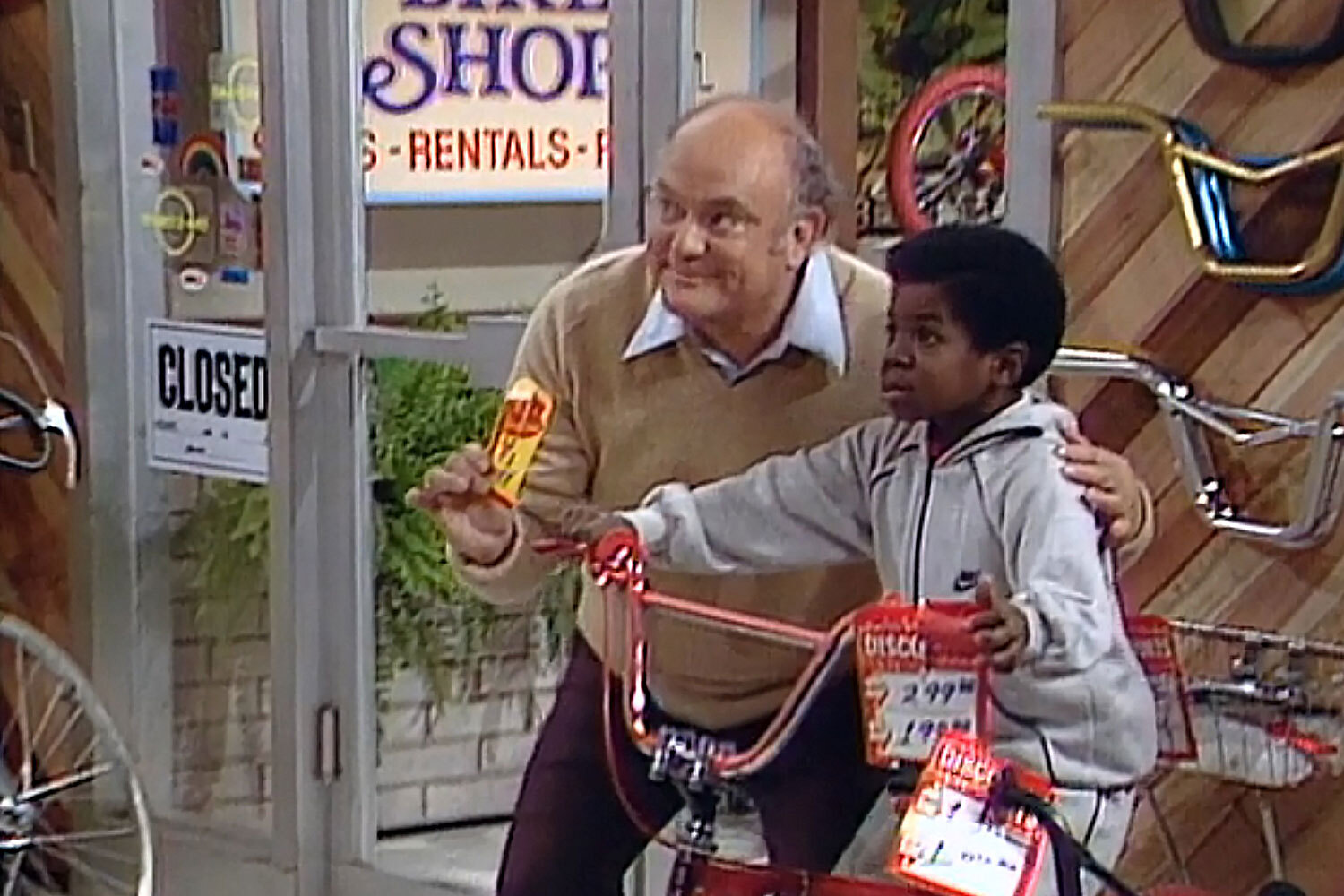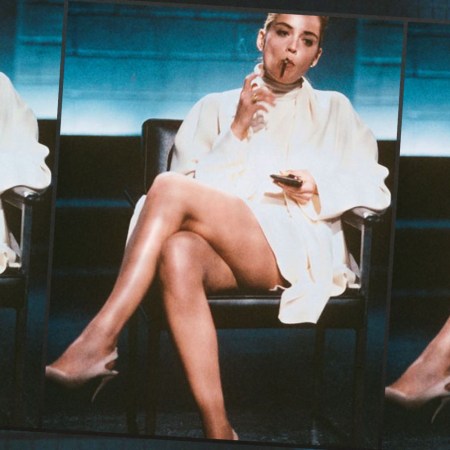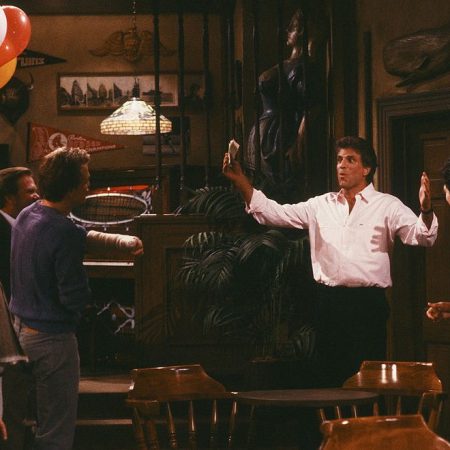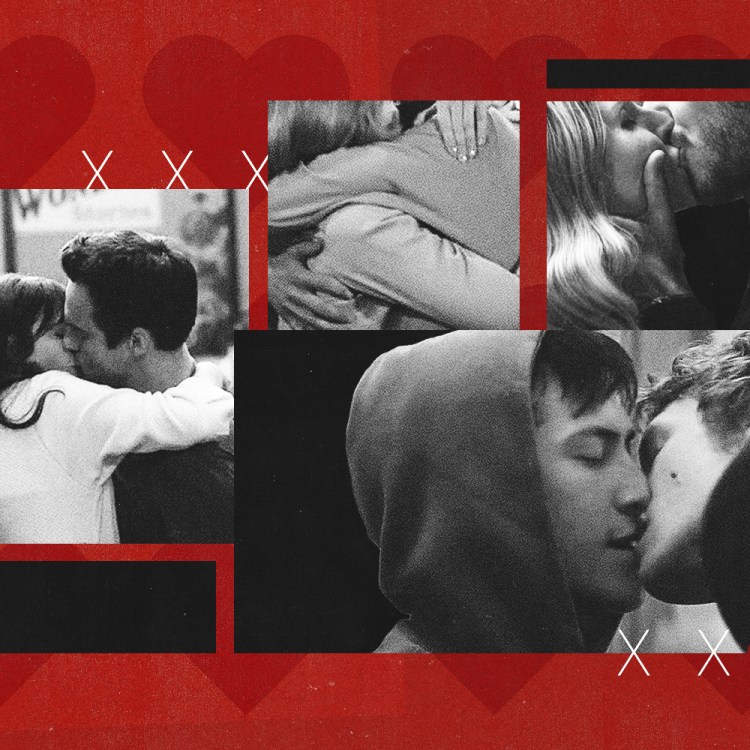If you were a certain age in 1983, you vividly remember every weird and disturbing detail about a two-part Diff’rent Strokes episode that helped launch the “very special episode” trope in sitcoms (for better or worse). It also brought a pedophilia plotline into a mainstream comedy that decided the laugh track needed to stay on, subject matter be damned.
A little background: The two-part arc, “The Bicycle Man,” aired on NBC’s very popular sitcom on February 5 and 12, 1983. While early episodes of Diff’rent Strokes included topics related to bullying, racism and class, the show’s fifth season tackled other big issues, from drug abuse (complete with a cameo by First Lady Nancy Reagan during her “Just Say No” campaign) to sexual harassment. Commendable, but again, all done with that irritating laugh track in place.
By season five, Diff’rent Strokes had also pretty much become a star vehicle for its youngest actor, Gary Coleman, whose diminutive stature and smart-alecky wisecracks dominated a show that now rarely centered on sister Kimberly (the late Dana Plato), older brother Willis (Todd Bridges) or the multi-cultural family’s father, Mr. Drummond (Conrad Bain).
For this two-part episode, Arnold (Coleman) and his best friend Dudley (Shavar Ross) go to a local shop to rent bikes from a family acquaintance, Mr. Horton (at this point, we need to point out this character is played by Gordon Jump from WKRP in Cincinnati, a strange bit of trivia that seems to stick in our generation’s collective unconscious).
Spoiler alert: Mr. Horton is a bad man, who eventually entices the two boys back to the shop with free merch (including a radio) as well as pizza, alcohol, pornographic magazines and a weird, shirtless game of “Tarzan.” A return visit finds Jump’s character showing adult cartoons and playing more strange games with the kids.
Years later, I realized what bothered me about the episode (besides the ever-present laugh track): Arnold begins to find the situation strange and leaves Dudley alone with Mr. Horton. When the police eventually show up to arrest the shopkeeper, Mr. Horton has already given Dudley a pill to make him “feel good” — and Dudley admits that Mr. Horton tried to touch him. And then the detective working the case says Dudley will come out of this whole situation just fine! Besides that oddly optimistic point of view, the real issue is that sitcoms of that era rarely put the show’s stars in the worst-case scenario (teen pregnancy, crime, etc.) — these traumatic life-altering experiences were usually placed upon a secondary or one-off character.
But in spite of many, many flaws, “The Bicycle Man” was an important episode and, surprisingly for a mainstream show, unafraid to show predatory behavior on-camera (which is why the episodes came with pre- and post-show warnings and public service announcements). For a show that often relied on obvious laughs, catchphrases and big-name ‘80s guest stars (Mr. T, Dorothy Hamill, David Hasselhoff), the episode was fairly grounded and disturbingly realistic. Jump was particularly outstanding — his character was equal parts charming, conniving and sinister, though I wonder if he was so good that his post-episode career suffered; he never again garnered a great starring role, merely a lot of one-episode appearances.

The AV Club dissected “The Bicycle Man” back in 2013 and noted that this Diff’rent Strokes story began a barrage of “very special episodes” on both that show and other sitcoms many of which followed the same, weird playbook — realistically approaching an important and previously unspoken topic, but couch it in awkward punchlines and canned laughs. Regarding these special episodes, writer Ryan McGee noted, “There’s far more substance to this iteration than, say, Jessie Spano taking caffeine pills on Saved By The Bell. I both love and loathe episodes that attempt to deal with issues such as drug use, alcoholism, sexuality, drunk driving, racism, and death. They mean so damn well, and yet usually come off so damn corny.”
Which is a good way to sum up these well-meaning shows, which were hemmed in and made awkward by the structure of their shows. Some of the very special episodes of the time managed to succeed in spite of the sitcom constraint, however, or by subverting the format: In particular, “A, My Name Is Alex,” a 1987 Family Ties episode that dealt with death and survivor guilt — it was shot more like a play (Our Town). Showed without commercial breaks, it won an Emmy and picked up several other creative awards. Even that special episode, however, featured audience laughs, although they were far less frequent and felt like more like a release of tension.
In the end, the very special episode structure might have been important (if not particularly funny) at the time of Diff’rent Strokes — we had few networks or outlets to even talk about these issues, so why not NBC primetime — but the structure feels antiquated in today’s media world, where the mixture of funny and serious doesn’t seem so revolutionary and sensitive topics are more deftly handled on the small screen. Or at least without laugh tracks.
But we can credit these past sitcom deviations into the serious with influencing, somewhat, the very welcome “bottle” and standalone episodes of today’s best shows, where creators feel comfortable breaking up the usual storytelling elements and diving more into a character or a specific plotline, often in an unconventional manner. (That said, outside of breaking structure, it takes a very big leap to get from “The Bicycle Man” to, say, “Long Long Time” or “ronny/lily”).
The best thing to come out of “The Bicycle Man,” looking back forty years later: A rerun viewing of the show led to a young boy in Indiana recognizing similar predatory behavior in an adult acquaintance, which eventually led to an arrest of a child molester. “If you could help someone avoid a terrible experience like child molestation, that’s the best opportunity an actor ever gets,” Gordon Jump said at the time of the episde, explaining why he took the role. To that end, “The Bicycle Man” succeeds in its awkward mission.
This article appeared in an InsideHook newsletter. Sign up for free to get more on travel, wellness, style, drinking, and culture.
























